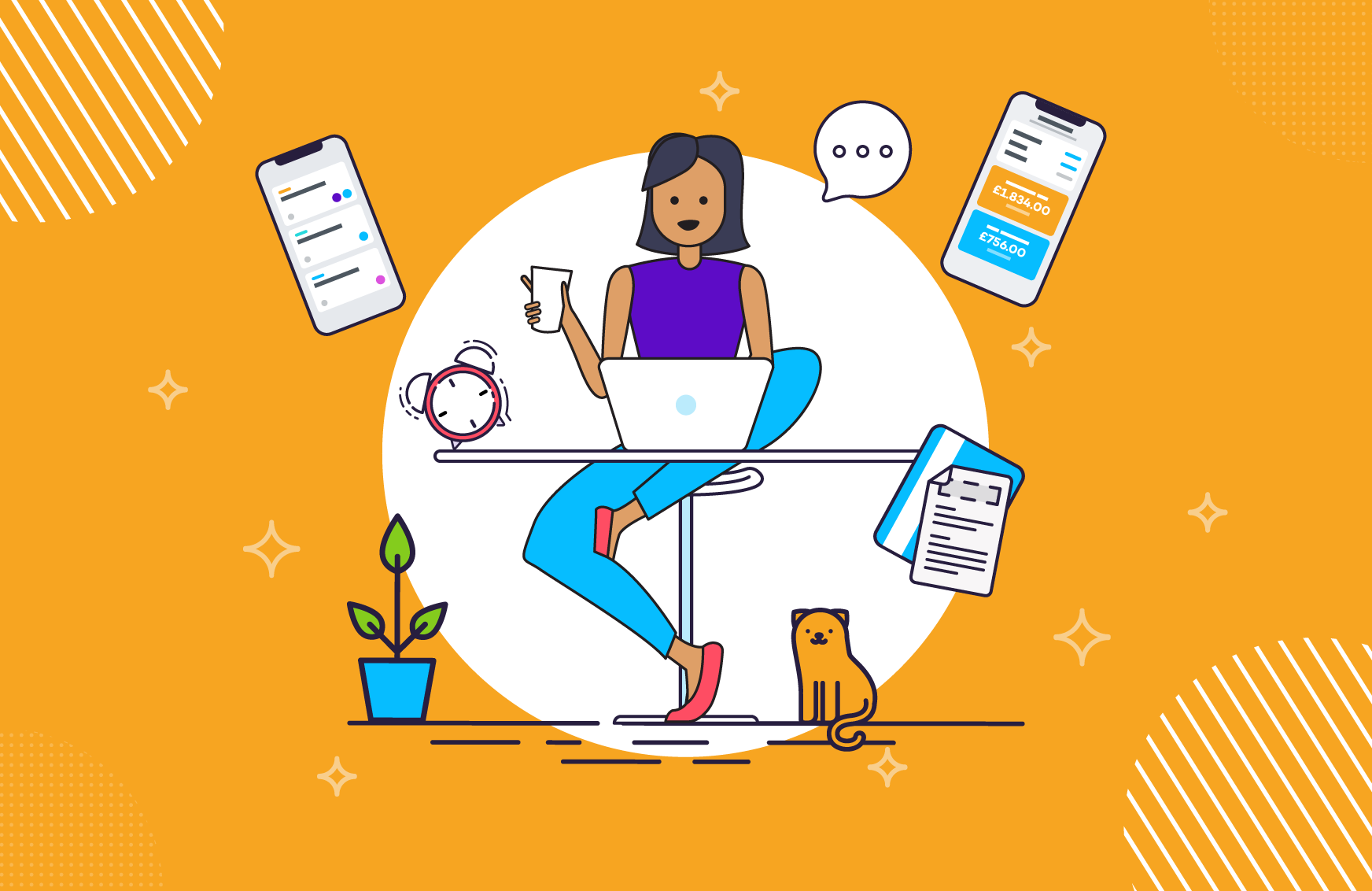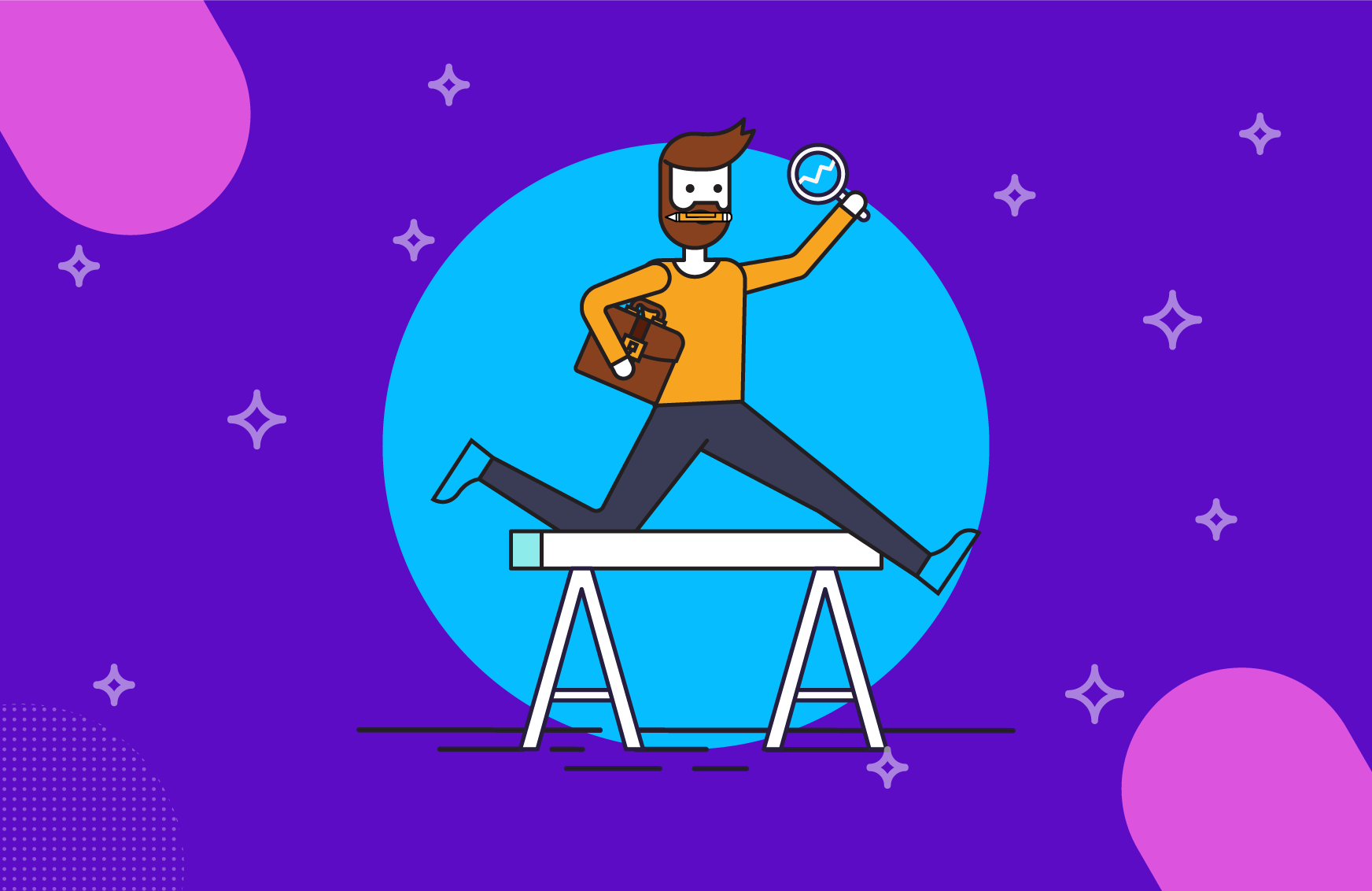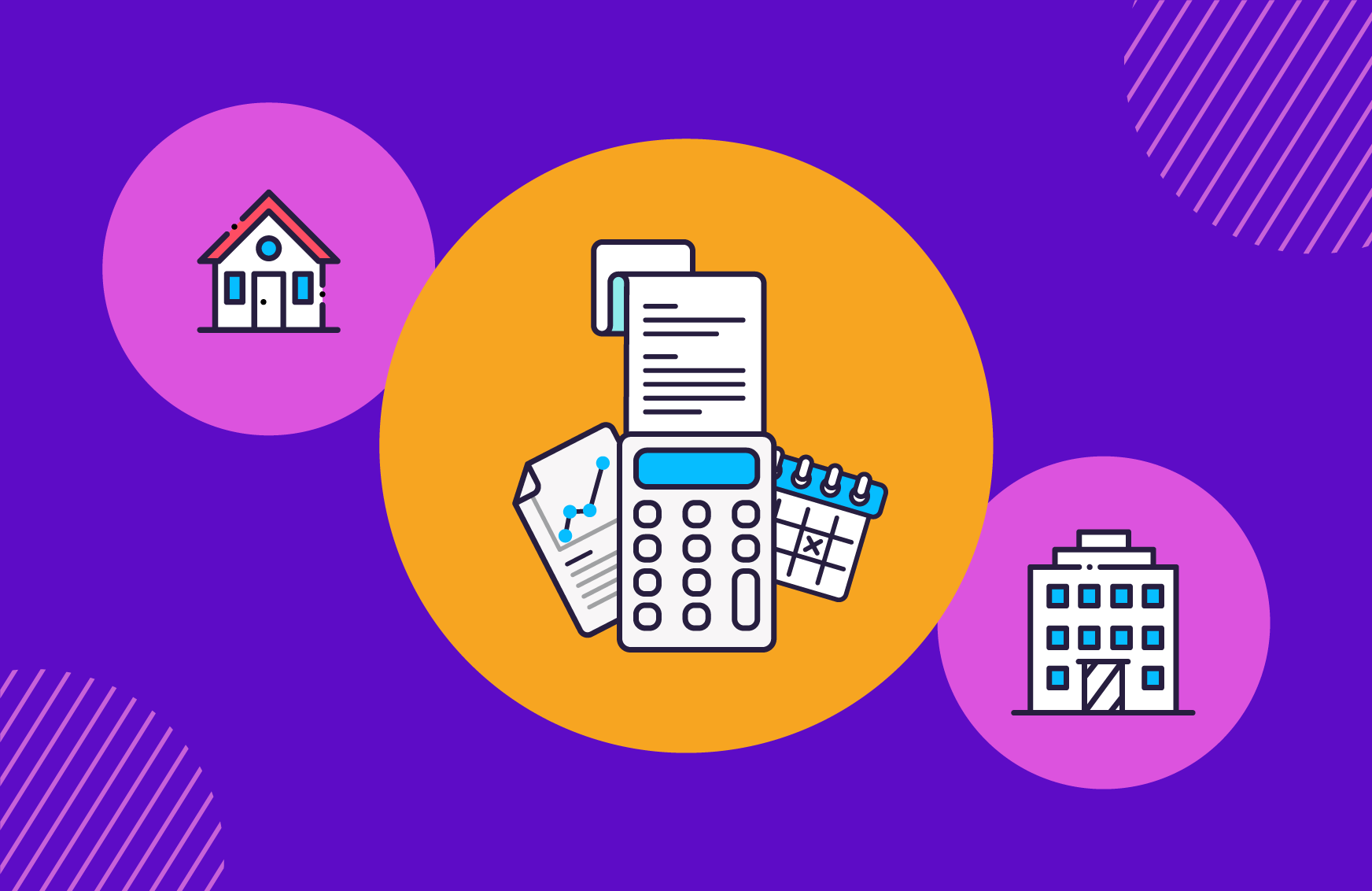6 ways freelancers can improve their mental health
The number of freelancers reporting mental health problems has risen by 200% since the start of the Coronavirus pandemic. The Association of Independent Professionals and the Self Employed (IPSE) believe the damage done to freelancers' mental health is partly because of lack of government support during the pandemic.
- 71% reported feeling more depressed and anxious.
- 69% experienced an increase in negative thoughts.
- 61% have struggled to focus on their work.
- 14% have delayed or cancelled freelance projects because of their mental health.
Feelings of vulnerability and the general stress of the pandemic has damaged the mental health of many freelancers. If you're one of them, this is how to improve your wellbeing and feel better.
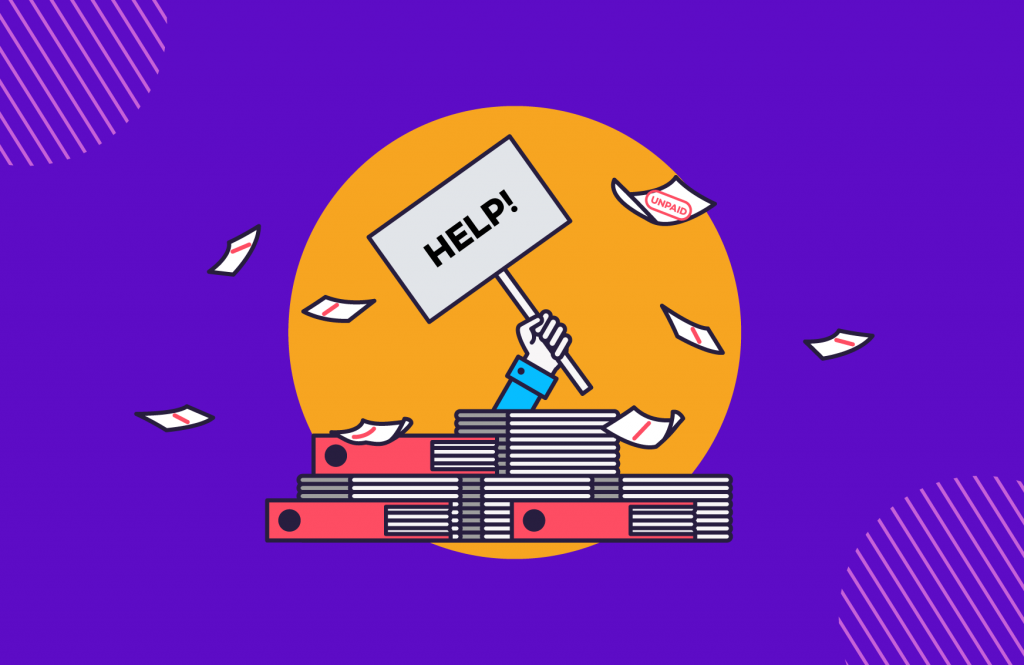
1. Access online self-help
Improving your mental health is never an overnight thing and not every resource out there is going to resonate with every single person. There's lots of online self help (a lot of it free) that can help you change the way you think about things, cope with strong emotions, and prioritise self-care. Give it a google and look around for something that works for you. A 3 minute video can be all it takes to understand yourself a little bit better.
Mind is full of helpful information about mental health. The NHS also has a wellbeing hub, Every Mind Matters, which includes mental health resources.
2. Talk
Thoughts and feelings are always more intense when they're bottled up. It's always hard to talk about our mental health, for some more than others. Even a brief conversation with someone you trust can help to lighten the load or even change your perspective on something that felt really big and scary.
If you need to talk to someone urgently or feel in crisis, these mental health helplines could help.
The Samaritans
Mind
Local NHS mental health helplines
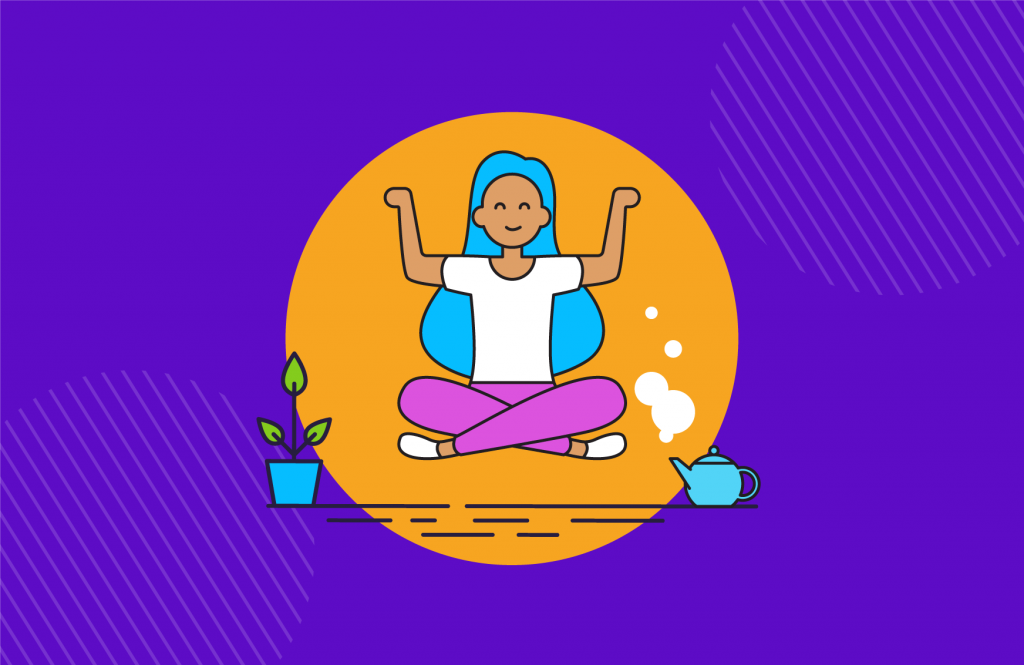
3. Create boundaries between work and rest
It's hard to switch off from self employment at the best of times. Create an 'end of the day' routine that separates you mentally and physically from work. It could be writing something down, going for a walk, tidying your desk, or jumping straight into a mindful hobby. Whatever works for you.
4. See your GP
Sometimes a medical professional is the best person to go to. Your GP can prescribe medication and refer you to a counselling service. If you think this will help, make an appointment. The waiting lists for NHS counselling can be long so prepare to wait a while. Your GP will be able to point you in the direction of resources that can help in the meantime.
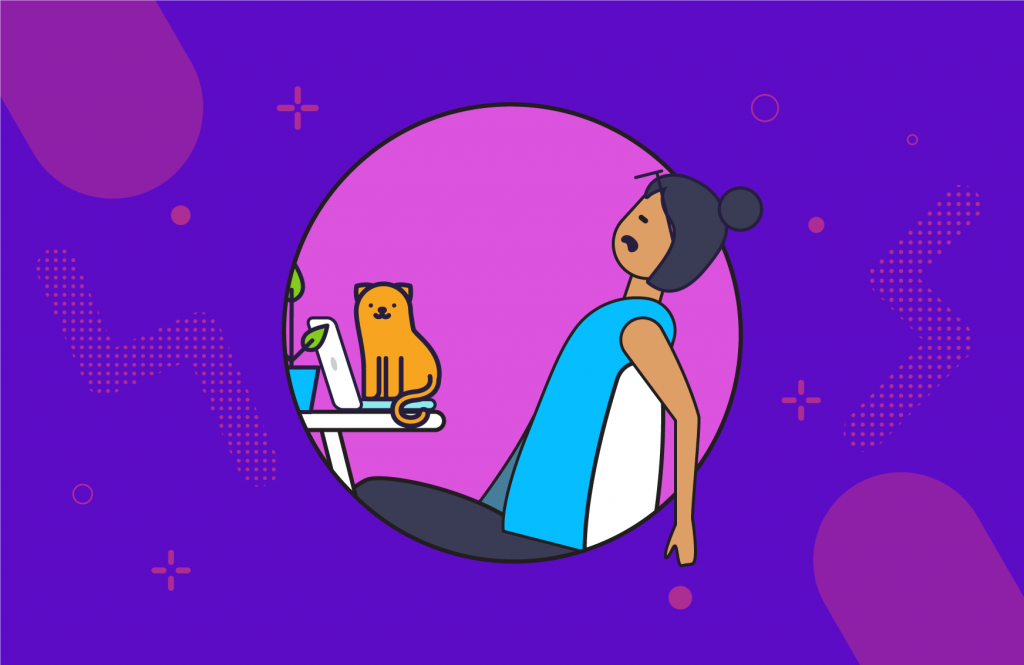
5. Identify the habits that aren't helping
We can be our own worst enemy sometimes, even when we don't intend to be. Maybe you're staying up late more often, taking on more projects than you can cope with, cancelling on friends because you don't feel like it, or have stopped doing the exercise that used to make you feel good. Depression in particular can stop us from doing the things we enjoy, even when those things are exactly what we need. Identify the things that aren't helping and make gradual, manageable changes.
6. Create a mental health first aid kit
When we pull a muscle or have a headache, we know what to do. When we feel anxious and depressed, we often don't. Think of some specific things that will help you when your mood takes a dip or you're experiencing a lot of negative thoughts, and have them handy. It could be a grounding exercise that helps you stay in the moment, a few yoga stretches, or going outside for 10 minutes. Whatever it is, have it ready.

Make freelancing admin easier with FREE invoicing
Never worry about getting invoices paid again. Solna invoicing includes automatic reminders to give late payers a nudge, a clever dashboard that keeps track of cash, and an easy pay-in-the-invoice button for your clients. It's easy, effortless, and free.
